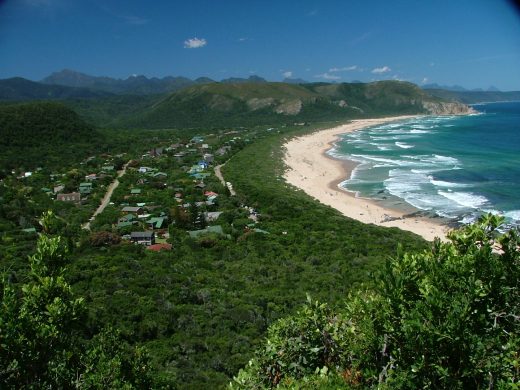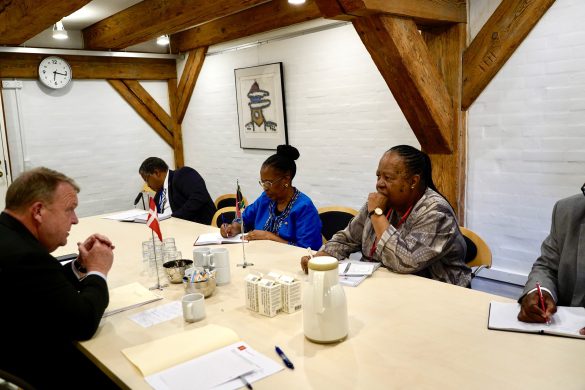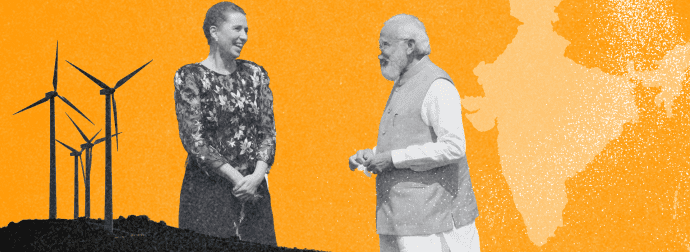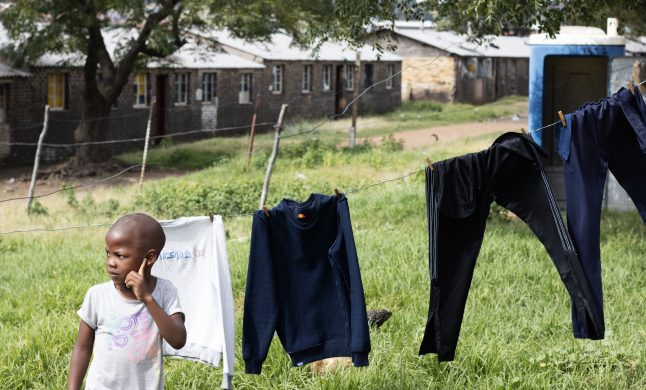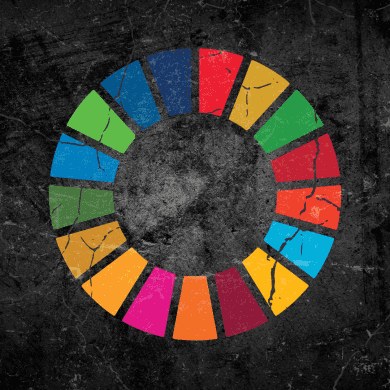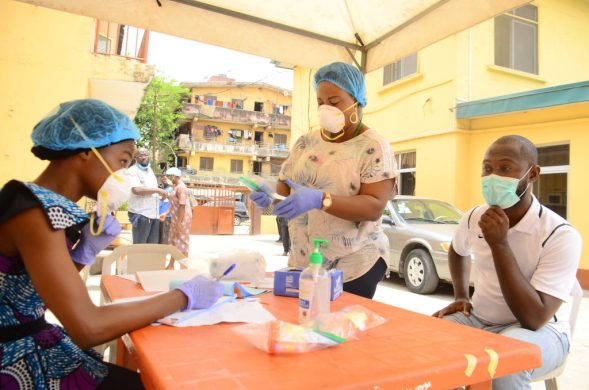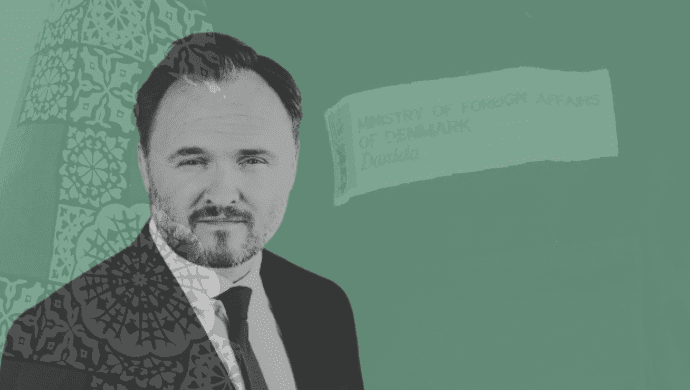Det følgende er EU’s udviklingskommissær Neven Mimicas tale i forbindelse med lanceringen torsdag:
Ladies and gentlemen,
Distinguished guests,
This year, with the adoption of the 2030 Agenda for Sustainable Development we have witnessed a fundamental shift in the way we approach global development. In September we saw the international community gather to adopt a set of ambitious, universal Goals addressing all three dimensions of sustainable development – social, economic and environmental – not only for the benefit of people and our shared prosperity, but also for the long-term sustainability of our planet. It is an Agenda fit to address the multi-faced challenges of our time.
Wildlife conservation is precisely that type of complex challenge that demands a truly comprehensive approach. Its implications for biodiversity, livelihoods of rural populations and stability of large territories are vast.
Sustainable Development Goal 15 explicitly calls for urgent and significant action to reduce the degradation of natural habitats, halt the loss of biodiversity, address illegal wildlife trafficking and protect and prevent the extinction of threatened species.
Earlier this year the United Nations General Assembly adopted a strong Resolution on tackling illicit trafficking in wildlife.
The world is waking up to the challenge.
And the EU stands ready to be part of the global response.
The link between biodiversity and development has for long been at the heart of the European Commission's activities under the "Biodiversity for Life" flagship programme.
And today, with the launch of the report 'Larger than Elephants' we present a new strategic approach to wildlife conservation in Africa, developed with the invaluable support of so many of you present here today.
The impetus for developing this strategic approach has come from the pressing need to address the growing wildlife crisis in Africa. Wildlife trafficking and poaching threatens biodiversity and human lives, fuels corruption and undermines good governance.
Trafficking of ivory and rhino horn is a particularly serious concern. Organised crime and armed groups poaching elephants and rhinos have become the source of instability in large regions, notably at the fringes of Democratic Republic of Congo, South Sudan and Central African Republic. The number of elephants poached in Africa annually is in the range of 35.000 per year, out of a population of less than 500.000.
But conservation experts in this room know that Africa's wildlife crisis does not end there. This is only the most visible portion of an iceberg that hides a steady degradation of natural habitats for countless plants and animals – from deserts to tropical forests.
The problem is much 'larger than elephants'. The scale of the wildlife crisis is immense and there is an urgent need for a concerted and focused response from both the conservation and the development communities.
One key conclusion emerging from this study – and my main message to you today is that wildlife conservation is as much about people as it is about plants and animals.
Wildlife conservation should not be regarded as "a luxury" to be imposed on Africa. Wildlife and natural habitats are an integral part of Africa’s social, cultural and economic heritage. Africans in rural areas are the first to suffer when these resources are depleted.
‘They must be the first to benefit from improved ecological-economic management.
Well-managed natural ecosystems provide food and medicine, guarantee water for agriculture and hydropower plants, and protect population against natural disasters. It is estimated that these services may well exceed EUR 9 trillion per year in value – much more than the current total Gross Domestic Product of Africa and clearly a huge untapped potential for economic growth.'
Africa’s natural habitats, particularly the vast Congo basin rainforest, also have an extraordinarily important role to play in climate change mitigation.
Not only does the Congo basin act as a gigantic carbon sink regulating the planet’s greenhouse gases, but it generates over 50% of the rain falling on Central Africa.
This fact alone is enough proof why continued degradation of ecosystems and wildlife in Africa should be of great concern to us all. If allowed to continue, the loss of Africa’s natural capital will feed into a vicious circle of increasing poverty, migration, conflict, insecurity, collapse of governance and plunder of biological resources.
We cannot allow this to happen. We must develop win-win solutions to preserve natural resources and wildlife while creating real benefits for the populations living in wildlife rich areas and tackling decisively illegal wildlife trade.
The report we are launching today aims to set out clearly just how much needs to be done and why, and to identify the most realistic and effective strategic priorities for saving Africa’s wildlife heritage – taking into account the rate of human population growth and associated habitat loss.
The study, together with a detailed regional analysis that will be published early 2016, will further contribute to our ongoing reflection on an EU Action Plan on Wildlife Trafficking.
The European Union is already mobilising EUR 700 million by 2020 for activities related to African wildlife conservation, combining a broad range of instruments.
But our study shows that total financing needs are much broader and may well exceed EUR 5 billion.
It is my sincere hope therefore, that this document and today's discussion will help bring the various actors engaged in wildlife conservation and development even closer, working around a shared strategic vision and a consistent series of projects. We should work in partnership and also look into innovative financing mechanisms, such as public-private partnerships, if we wish to ensure sustainable funding.
Allow me to end by thanking all who have contributed to the elaboration of this document. The input from 60 organisations and 180 individuals is hugely appreciated.
It is a true testament to the commitment of the development community to preserving Africa’s unique wildlife heritage – in healthy, functioning and resilient ecosystems that can support livelihoods and human development.

